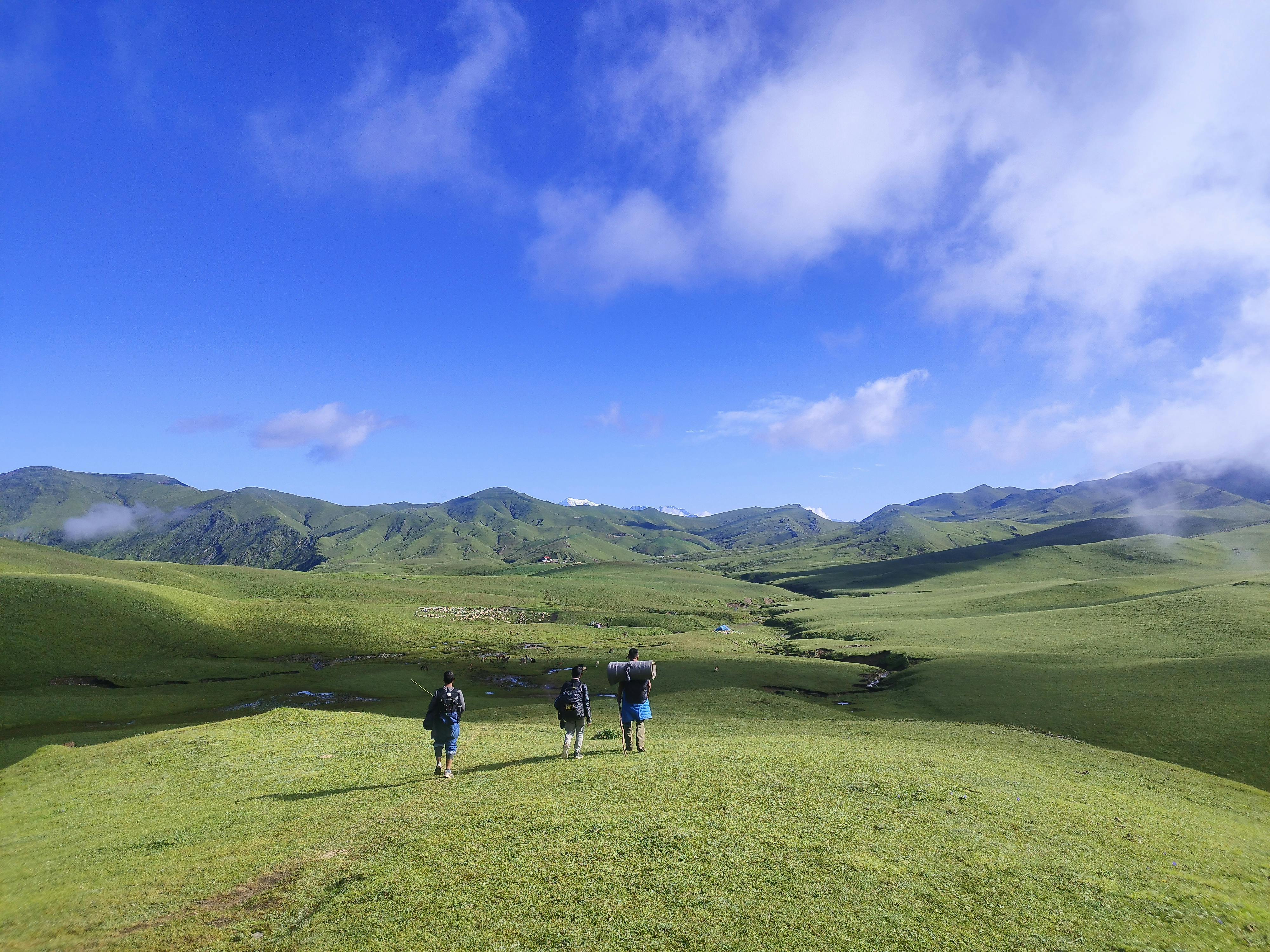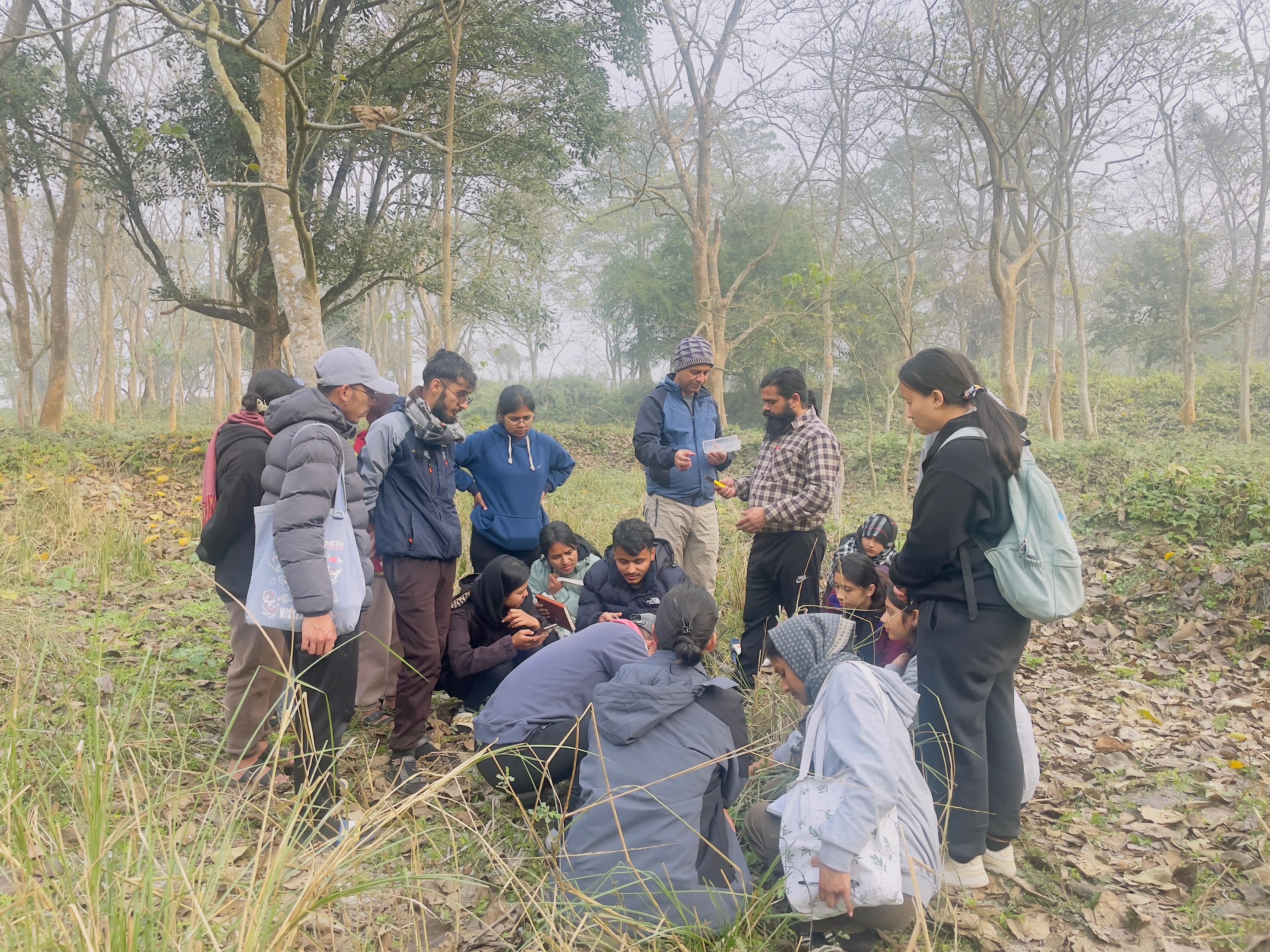News & Activities
New Initiative Launched to Protect Endangered Species in the Himalayas

Kathmandu, August 13, 2024 – Conservation Nepal has unveiled an ambitious, landmark conservation initiative aimed at safeguarding two globally endangered species within the Himalayan region. The project, named the Long-term Ecological Survey of Grassland Ecosystems and their Flagship Species, aims to preserve vital habitats, undertake rigorous ecological research, and foster community-centered conservation efforts.
Launched amidst growing concerns over the impacts of climate change and human activity on Himalayan biodiversity, this program is timely and crucial. The region, renowned for its rich biodiversity, including many rare and endemic species, has been facing increasing threats. Habitat loss, illegal wildlife trade, and environmental challenges—such as climate-induced disasters—have all contributed to declining wildlife populations in the area.
Dr. Prakash K. Paudel, Director of Conservation Nepal, emphasized the initiative’s broader vision, stating, "This project is not just about protecting wildlife; it's about empowering local communities to take charge of their natural heritage. We believe that sustainable conservation is only possible when the people living closest to these ecosystems are active participants."
The lack long-term ecological data has made it challenging for researchers to answer critical ecological questions, said Dr. Prakash K Paudel
One of the primary goals of this project is to address the current gap in biodiversity research in Nepal, which has often been restricted to certain species and lacks comprehensive long-term ecological data. This shortage of data has made it challenging for researchers and policymakers to answer critical ecological questions. Conservation Nepal’s initiative seeks to bridge this gap by establishing extensive ecological datasets and collaborating with local governments, international NGOs, and academic institutions to make long-term ecological studies more commonplace.
For additional details and future updates on the Long-term Ecological Survey of Grassland Ecosystems and their Flagship Species, please contact Dr. Prakash K Paudel.
